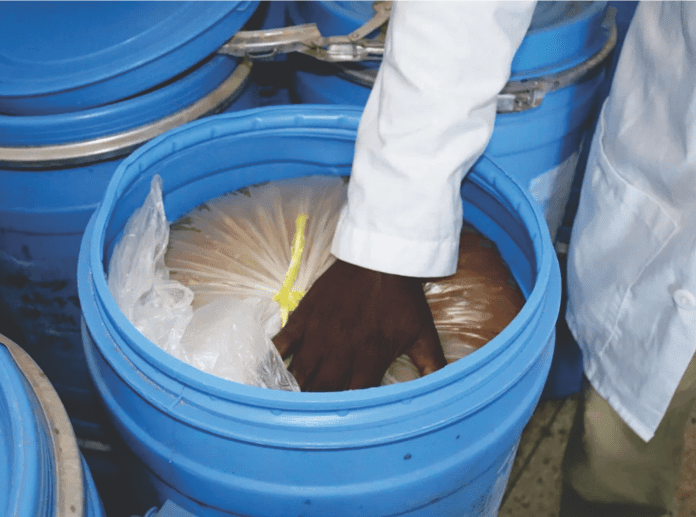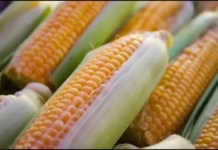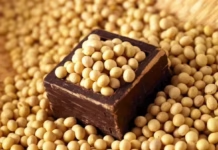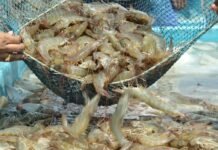Some students at Gulu University’s Faculty of Agriculture and Environment will learn how to use mango pulp that hasn’t been sold to make chicken feed by breeding black soldier fly larvae.
The University produced 12 tons of mango pulp in a pilot project last year that was aimed at mitigating post-harvest losses in fresh mangoes in the Acholi Sub-region. But close to nine tons of mango pulp remain unutilized in the Agribusiness lab.
In an interview, Dr Collins Okello, the Dean of the Faculty of Agriculture and Environment, told Uganda Radio Network in an interview that despite the quality of the pulp, the university failed to secure a bulk market from juice-making industries. He says the mango pulp has since overstayed and is no longer recommended for juice making.
However, Dr Okello, however, says the university is now looking at an alternative means of using the mango pulp for breeding black soldier flies to produce larvae that are good for poultry feed.
Dr. Okello also mentions that they will use the mango pulp that is currently available to make wine, arguing that the region produces an enormous number of mangoes that are mostly wasted.
Officials at the university say that students will breed the flies on waste mango pulp to make maggots, which will then be harvested and sold as feed for chickens.
Black soldier fly larvae are considered highly nutritious for poultry owing to the protein level they contain compared to soya beans and silverfish. In addition, they are also less expensive, with a kilogram in Gulu City going for between Shs700 and Shs800.
Gulu District Production Officer Jackson Lakor says that black soldier fly production is a cheap way of producing protein-rich feeds for not only poultry but also fish farmers. He says that the initiative has already been tried out by the Department of Agriculture and that fish farmers have said it has helped them.
Lakor has told farmers that they should take part in the new program, but he also says that they need the training to do it well.
According to Alfonse Acaye, the District Entomologist, the breeding of black soldier flies starts with attracting the flies using food waste. He notes that once the flies are attracted, they begin laying eggs, which take about two weeks to hatch, adding that it takes another week for the larvae to be ready and later dried for feeding poultry.
Acaye says that they started making black soldier flies in the district as part of the Farm Radio International and Makerere University Insect Feeds Project, but the weather was too hot for the larvae to grow.
Source: The Kampala Report









